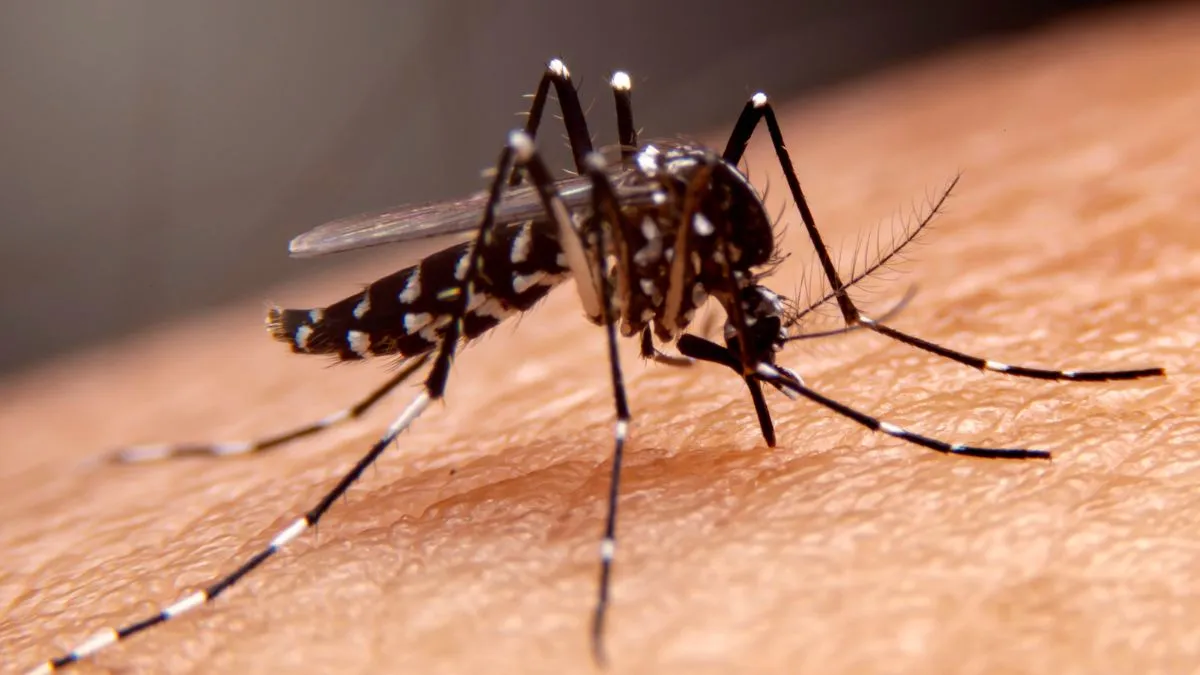Malaria is often perceived as a disease that causes fever, chills and body aches, symptoms many associate with a simple flu-like illness. However, in its most dangerous form, malaria can progress rapidly into a life-threatening condition known as complicated or severe malaria. Predominantly caused by Plasmodium falciparum, this aggressive strain can multiply quickly in the bloodstream, leading to massive red blood cell destruction and blockage of tiny blood vessels. If left untreated, what begins as mild fever and fatigue can escalate within hours to seizures, kidney failure, severe anaemia, breathing difficulties and even coma.
Doctors warn that complicated malaria is a medical emergency that demands immediate hospital care. High-risk groups, including young children, pregnant women, immunocompromised individuals, and travellers without prior immunity, face the greatest danger of rapid deterioration. Beyond the devastating impact on individual health, the disease continues to burden healthcare systems in malaria-endemic regions. In conversation on The Daily Jagran, Dr Rupali Patnaik, Consultant-Critical Care Medicine, Manipal Hospital, Bhubaneswar, shares early warning signs, risk factors and treatment protocols of complicated malaria.
Complicated malaria, also called severe malaria. It is a life-threatening condition caused predominantly by Plasmodium falciparum. Contrary to uncomplicated malaria, which presents with fever, chills, and flu-like symptoms, complicated malaria is frequently associated with organ dysfunction and severe clinical manifestations, high parasite load, and requires immediate hospitalisation.
ALSO READ: Rise In Dengue, Malaria And Chikungunya! Doctor Shares Tips To Tackle Them
Complicated malaria is most commonly caused by P. falciparum. This parasite can rapidly multiply and cause extensive red blood cell destruction and microvascular obstruction. High-risk individuals include young children, pregnant women, travellers to endemic areas with no prior immunity, and immunocompromised individuals. Dr Rupali Patnaik states, “Complicated malaria is characterised by one or more of the following signs or symptoms such as: cerebral malaria leading to altered consciousness, seizures, or coma; severe anaemia with hemoglobin <5 g/dL due to massive hemolysis; respiratory distress often due to metabolic acidosis or pulmonary edema; renal failure leading to oliguria or rising creatinine levels; hypoglycaemia particularly in children and pregnant women; hemoglobinurea leading to dark-coloured urine (“blackwater fever”); shock or circulatory collapse.”
Complicated Malaria Early Signs And Treatment (Image Credits: Canva)
Early diagnosis and rapid treatment are crucial. Delay in diagnosing and thereby initiating treatment significantly increases the risk of morbidity, even mortality, especially in patients with multi-organ dysfunction. Dr Rupali Patnaik mentions, “Diagnosis is confirmed by detection of malaria parasites on blood smear (thick and thin films) or by rapid diagnostic tests (RDTs) such as the Immunochromatographic Test (ICT). Laboratory investigations should include renal function, blood glucose, haemoglobin levels, electrolytes, and acid-base status.”
ALSO READ: What Causes Malaria In Summer? Doctor Explains Major Risk Factors
Complicated malaria requires injectable antimalarial therapy. The World Health Organisation (WHO) recommends intravenous artesunate as the first-line treatment. In its absence, intravenous quinine may be used. Supportive care includes: intravenous fluids (with caution to avoid overload), antipyretics, blood transfusion for severe anaemia, renal replacement therapy (dialysis), oxygen therapy, even mechanical ventilation in cases of respiratory failure, management of seizures and hypoglycaemia. Dr Rupali Patnaik mentions, “Prevention includes the use of insecticide-treated bed nets, indoor residual spraying, chemoprophylaxis for travellers, and early diagnosis and treatment of uncomplicated malaria to prevent progression.”
To conclude, complicated malaria is a medical emergency that requires aggressive antimalarial therapy and supportive care. Early recognition and treatment can significantly reduce mortality, particularly in high-risk populations.
